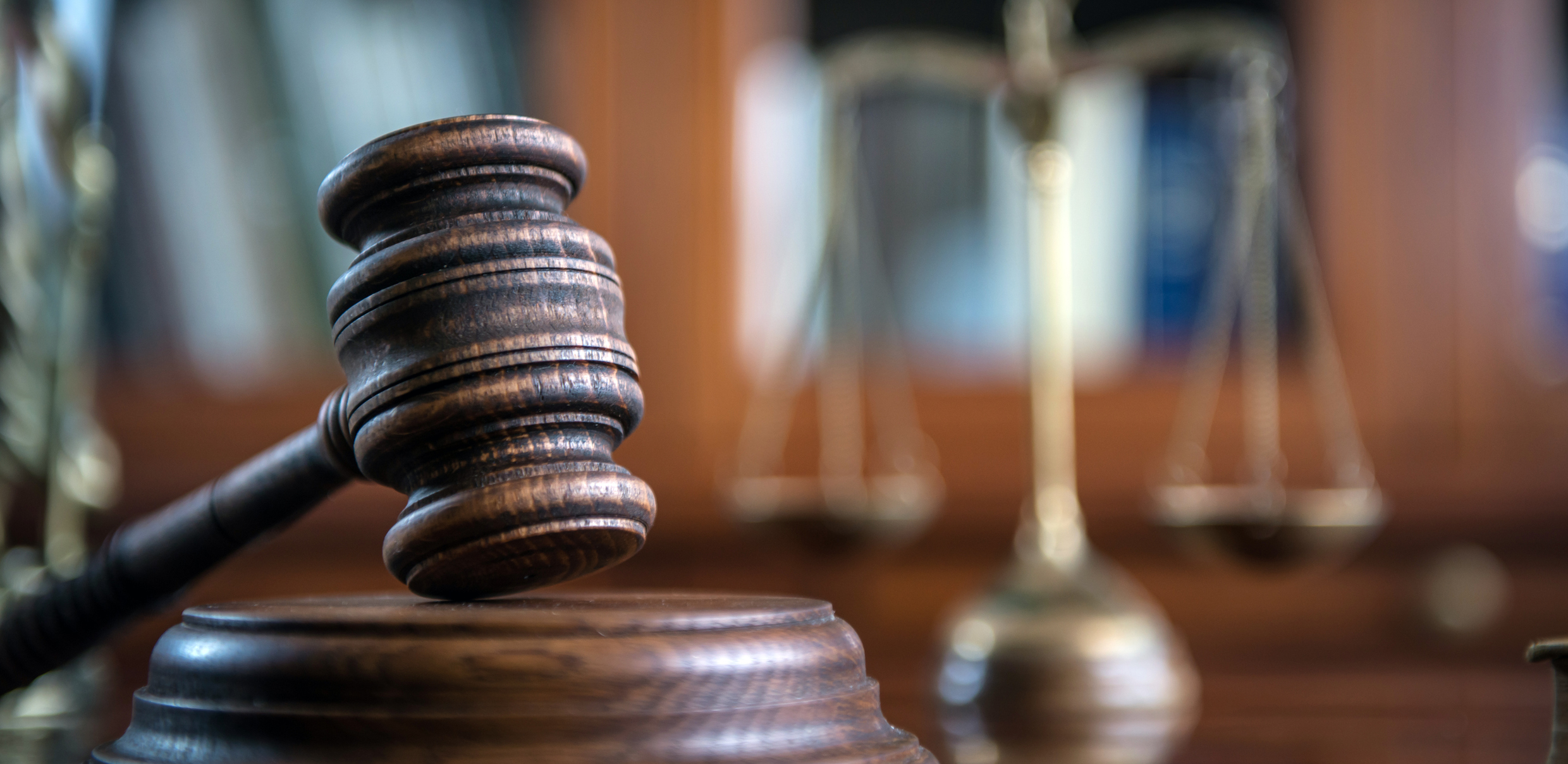In a huge relief to the AIADMK government, Madras High Court on Thursday upheld the order disqualifying its 18 rebel MLAs loyal to sidelined leader TTV Dhinakaran.
An adverse judgement could have triggered a political realignment in Tamil Nadu and brought the ruling party perilously close to losing majority in the state Assembly, whose effective strength is 232. Two seats are vacant.
The 18 AIADMK MLAs were disqualified on September 18 last year under the anti-defection law after they met the governor and expressed loss of confidence in chief minister K. Palaniswami.
On June 14, a high court division bench of then Chief Justice Indira Banerjee and Justice M Sundar had delivered a split verdict. Banerjee had upheld Speaker P. Dhanapal’s order disqualifying them, while Sundar had passed a dissenting judgment.
The Supreme Court had then appointed Justice M. Sathyanarayanan to hear the matter.
Justice Sathyanarayanan on Thursday said there was no infirmity in Dhanapal’s order, which was upheld by Banerjee.
“All the material that were available at the time of passing of the order by the Speaker alone have been taken into consideration and this court cannot go into the subsequent events,” the judge observed, upholding the disqualification.
The judge said he had delivered his “independent view” on the matter and not gone by those expressed by the two judges who heard it earlier.
In her 200-page June 14 order, Banerjee had upheld Dhanapal’s decision, saying: “In my opinion, the view taken by the Speaker is a possible, if not plausible view, and I am unable to hold that the said decision is any way unreasonable, irrational or perverse.”
Justice Sundar, in his 135-page judgment delivered separately, struck a dissenting note, insisting that Dhanapal’s order “deserved to be set aside on grounds of perversity, non-compliance with principles of natural justice, mala fides and violation of the constitutional mandate”.
Banerjee had said the petitioners were given chance to present their case but they chose not to appear before the Speaker, and as such, they cannot complain of breach of audi alteram partem (hear the other side) rule.
Justice Banerjee said she also found “substance” in the contention of the government that if the effect of withdrawal of support and calling for initiation of constitutional process (against the chief minister) meant fall of the government, it would imply relinquishment of membership of the party, and attract provisions of the disqualification law.
Justice Sundar, however, said the entire controversy could have been put to rest had the Speaker conceded the plea of the petitioners to allow them an opportunity for cross-examination and give oral evidence. He had said that the Speaker’s order, even if legally correct, deserved to be set aside for mala fides (in bad faith).
Thursday’s verdict came as a massive relief for the Palaniswami government as the restoration of the membership of the rebel MLAs could have set off a realignment in the state’s politics with the Dhinakaran camp likely joining hands with the opposition DMK and bringing it dangerously close to losing majority.
The DMK and its allies — the Congress and IUML — together have 97 MLAs, and with the 18 rebel AIADMK forging an alliance with them besides independent legislator Dhinakaran himself, their strength would have risen to 116, which is equal to that of the ruling party.
Two Assembly seats are vacant, including Thiruvarur, which was represented by the late DMK patriarch, M. Karunanidhi.
Reacting to the verdict, Dhinakaran, who now heads the AMMK after being sidelined in the AIADMK, said he would consult the MLAs loyal to him before deciding whether to go in appeal in the Supreme Court.
“We expected a favourable verdict but it is not a setback. I will consult the 18 MLAs on whether to file an appeal in the Supreme Court. Personally, my feeling is we should go for byelections,” he said.










